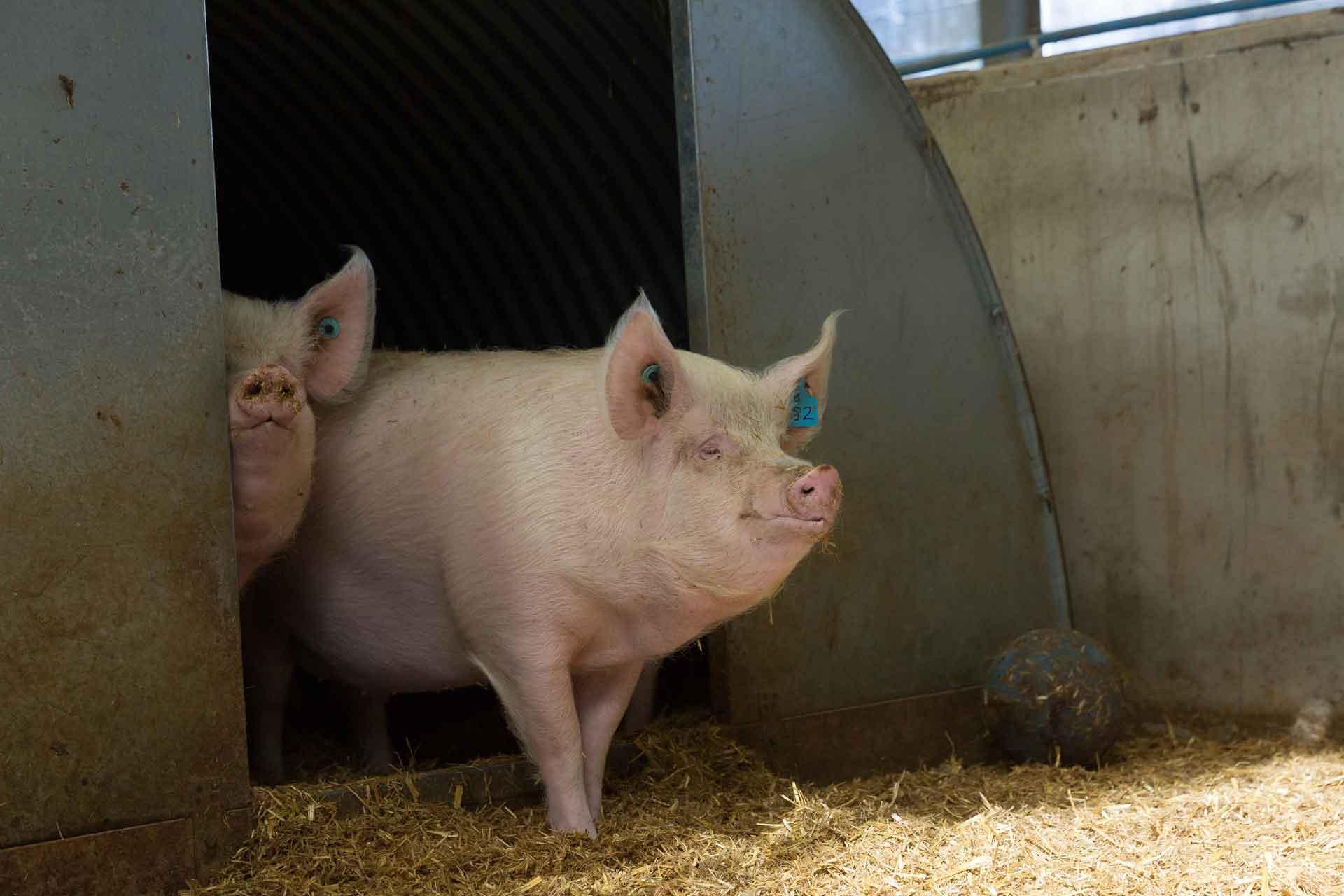A £2,359,553 grant has been awarded by Innovate UK to The Pirbright Institute’s Dr Simon Graham to lead an international team developing an inexpensive, safe and effective vaccine to protect pigs against Nipah virus (NiV).
The grant will allow scientists from Pirbright and partners in the UK, Australia, Malaysia and India to develop a prototype vaccine that will aid the control of NiV outbreaks. As well as minimising impact on the pig industry, the successful candidate will prevent virus transmission and therefore lower the risk to public health.
NiV is usually found in Old World fruit bats, but infection in pigs increases the ability for the virus to transmit to humans and cause severe, often fatal, neurological disease. In the late nineties, pig-to-human transmission created the first and most devastating NiV outbreaks in Malaysia and Singapore, causing over 100 human fatalities. This resulted in the culling of 45% of Malaysia’s pig population, costing the economy over US$650 million and losing 36,000 jobs.
Malaysian pig farming is still restricted to “designated pig farming areas”, with pig husbandry activities being discouraged elsewhere. Decreasing the major risk NiV poses to the developing pig industries, as well as to the livelihoods of poor livestock keepers in low and middle income countries of Southeast Asia is a key aim of the research.
The team hope the vaccine will provide a tool for the monitoring, control and elimination of the disease by enabling differentiation of vaccinated and infected animals. Engagement with affected countries is a vital part of the vaccine research, and the successful vaccine candidate will be trialled in NiV endemic regions of both Malaysia and India.
Dr Simon Graham, leader of the Porcine Reproductive and Respiratory Syndrome Immunology group at Pirbright, said: “The region at risk of NiV has some of the highest pig population densities found anywhere in the world, which are rising fast due to the demand of a growing human population. This increases the risk of NiV transmission to pigs and humans, which is why this work to generate effective vaccines is currently so important.
“The grant will help us build upon existing research and produce a vaccine that will give at-risk countries an alternative option to culling vast numbers of susceptible pigs during outbreaks. In addition to the welfare and economic advantages of vaccinating, this work will also provide a solid basis for further evaluating the vaccine for protection of humans against NiV infection.”
